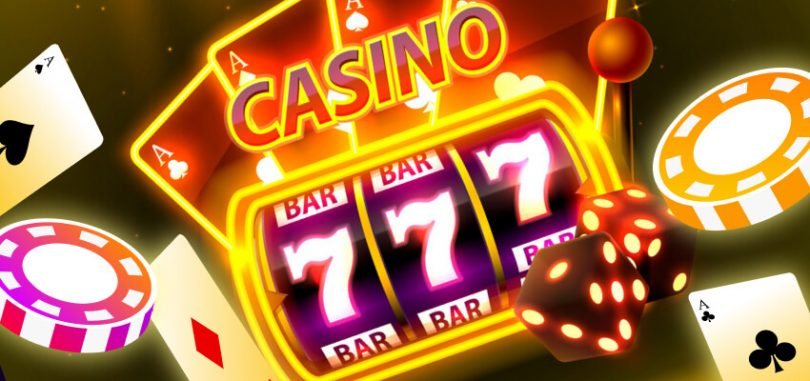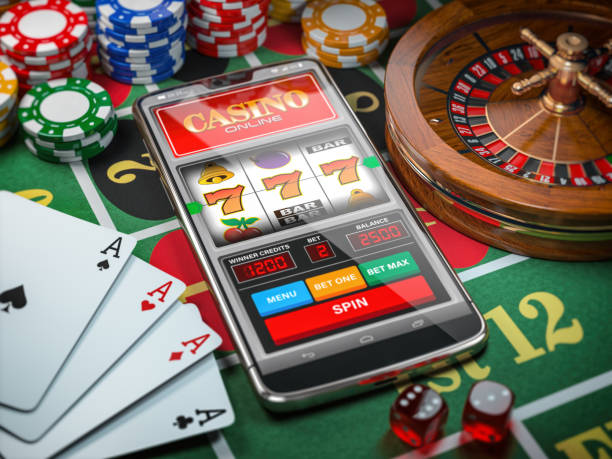
How to Avoid Gambling Fatigue
Gambling can be an exciting pastime, but it can also lead to fatigue if not managed properly. Many people find themselves overwhelmed or exhausted due to the mental and emotional toll that gambling can take. To help you maintain a balanced approach to this activity, this article provides practical tips on how to avoid gambling fatigue. For further insights into managing activities responsibly, you may want to check How to Avoid Gambling Fatigue transenergo.kz/ as a resource.
Understanding Gambling Fatigue
Gambling fatigue is a state of mental and emotional burnout that can arise from prolonged gambling activities. It often manifests as tiredness, lack of interest, irritability, and sometimes even physical exhaustion. Understanding the signs of gambling fatigue is crucial for maintaining a healthy relationship with gaming.
Signs of Gambling Fatigue
- Feeling overwhelmed or anxious about your gambling habits
- Loss of interest in betting or gaming
- Neglecting responsibilities or activities you once enjoyed
- Increased irritability or frustration
- Seeking more time to gamble as a coping mechanism
Causes of Gambling Fatigue
Several factors can contribute to gambling fatigue, including:
- Excessive Time Spent Gambling: Prolonged duration of gambling without breaks can lead to mental exhaustion.
- High Stakes: The anxiety related to high-stakes gambling can add to mental fatigue.
- Lack of Diversification: Focusing on one type of gambling activity can make it feel monotonous and drain your enthusiasm.
- Emotional Stress: Gambling can involve significant emotional investment, which can lead to stress and fatigue.
Strategies to Avoid Gambling Fatigue

To maintain a healthy balance in your gambling habits, consider the following strategies:
1. Set Time Limits
Creating strict time limits for your gambling activities can help prevent fatigue. Decide in advance how long you will gamble, and stick to that limit, ensuring you take regular breaks to recharge.
2. Take Regular Breaks
Continuous gambling can cloud your judgment and increase fatigue. Incorporate short breaks during your gaming sessions to refresh your mind and maintain clarity.
3. Vary Your Activities
Engaging in different types of gambling or other recreational activities can help keep your interest alive and reduce feelings of burnout. Mix things up by trying new games or spending time on unrelated hobbies.
4. Practice Mindfulness

Mindfulness techniques such as meditation or deep-breathing exercises can help manage stress and prevent fatigue. These practices encourage you to stay present and aware of your feelings regarding gambling.
5. Evaluate Your Motivation
Ask yourself why you are gambling. If you find yourself playing to escape stress or emotional issues, it may be time to reassess your motivations and consider professional help if necessary.
6. Seek Support
Share your experiences with friends or family members who understand your passion for gambling. Having a support system can provide a sounding board for your thoughts and feelings, helping you avoid isolation and fatigue.
Knowing When to Seek Help
If you notice continuous signs of gambling fatigue despite trying to manage your habits, it may be time to seek professional help. Support groups and counseling services can provide guidance and resources to help you regain control over your gaming habits and emotional well-being.
Conclusion
Avoiding gambling fatigue requires a proactive approach and a commitment to maintaining balance in your leisure activities. By implementing time limits, taking breaks, and seeking support, you can enjoy gambling without succumbing to fatigue. Remember, the key to healthy gaming is moderation and self-awareness. Stay mindful of your limits and prioritize your mental and emotional health.
